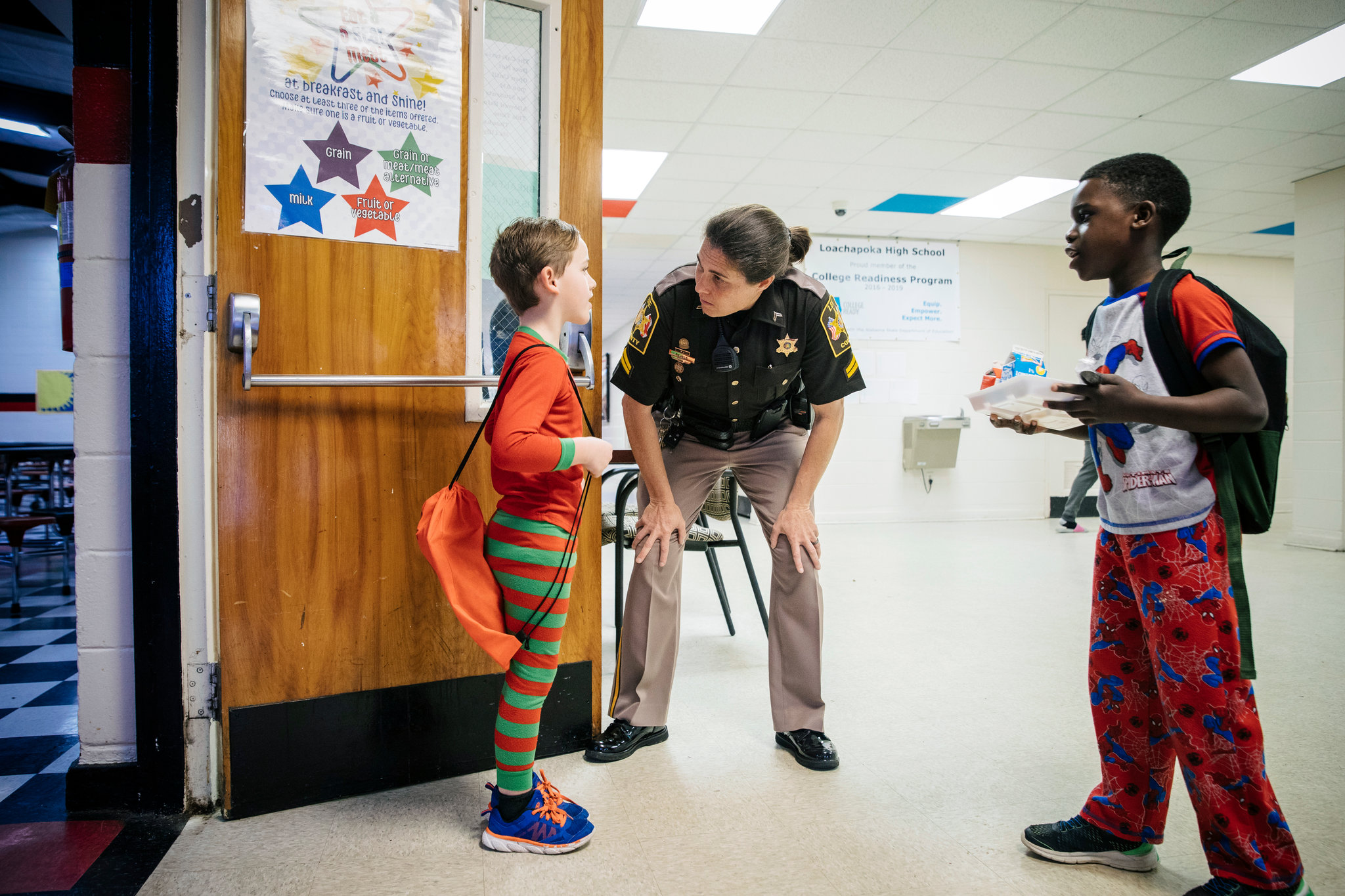Does placing more police in schools work or is it counterproductive? That is the question that current school safety discussions should include. Some feel that by increasing the amount of School Resource Officers (SROs) in schools, a similar increase in students’ safety level would result.
The main issue with this thought is that study after study shows that this is not the case. We’ve written about this topic here and here in the past year, so I won’t belabor the point. Instead, I’d like to simply mention some alternatives for the discussion.
A Simple Place to Start
You could have school safety agents posted outside the school, who don’t patrol the hallways. On the inside, consider unarmed peacekeepers trained in special education, behavioral health, de-escalation, and other trauma-informed practices. Some schools have seen success with the concept of school safety coaches as opposed to SROs.
More radical or comprehensive alternatives and programs might include a variety of instructional interventions and youth development programs. A few specific examples include school-based teen courts, conflict resolution programs, mindfulness programs, or Positive Behavior Interventions and Supports (PBIS). In fact, Arizona State University published a paper over a decade ago listing seventeen different alternatives!
Conclusion
If we focus on SROs as the solution to the issues found at Utah public schools, we are selling our students short. SROs have been historically used as a quick fix, and the data generally don’t show this type of intervention to be successful. If anything as a society, we need to stop putting law enforcement in the middle of situations that they are not specialized to handle.
The proponents are well-meaning, but policymakers should be diving into the data and looking into the results of other successful interventions that have already been implemented in schools all over North America.






